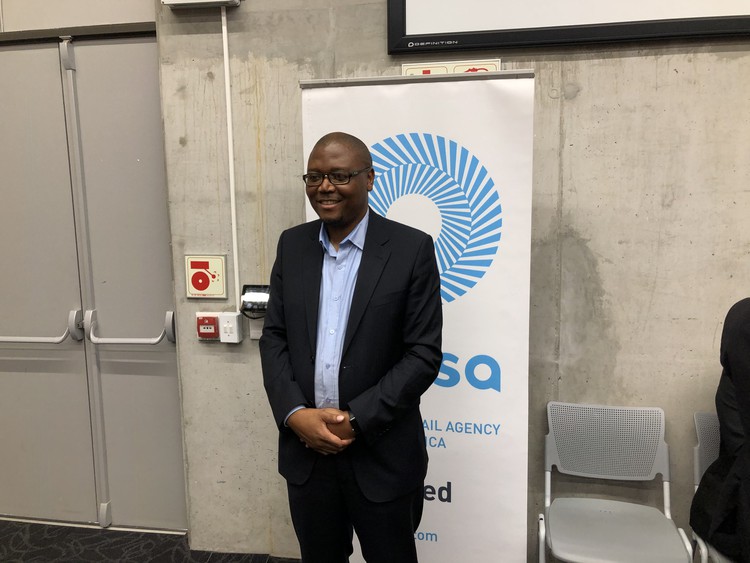R1 billion to be spent on Cape Town’s broken Central Line, promises PRASA
But line still won’t be fully open until 2021
It will cost more than R1 billion just to make Cape Town’s vandalised Central Line secure, according to Richard Walker, manager of Metrorail Western Cape.
He was speaking at a press conference with newly-appointed administrator of the Passenger Rail Agency of South Africa (PRASA), Bongisizwe Mpondo, at Isivivana Centre in Khayelitsha on Thursday.
Mpondo said PRASA’s priority is getting the Central Line secure, before services could be restored. This involved a comprehensive fencing program, an increase in “visible security”, and major “technology improvements”, such as drones, for example. The line has been closed since October last year because of vandalism.
Walker said that “the plan to bring Central Line comes to over R1 billion rand … so the losses are huge”.
A “limited service” would be restored on the Central Line by September”, said Mpondo, while a full service would only be ready by April 2021.
Meanwhile, there would be 20 new trains on the Cape Flats line by October 2020, said Walker. PRASA would make sure infrastructure and security were in place before then.
Mpondo and his team of executives were in Cape Town to meet with commuter forums.
Mpondo, who has been PRASA’s administrator for 45 days, said that he had “settled into a business that is broken … eroded over time”. He said PRASA “was not generating enough revenue to cover our expenses” because the Central Line made up about 45% of its revenue in the province.
Walker said that only 33 out of the required 88 train sets are operational in the province at the moment.
“We need to be realistic in what we can do,” said Mpondo.
Next: Fifteen-year wait for KwaNobuhle bridge finally over
Previous: Rondebosch golf club: City of Cape Town accused of subsidising the wealthy elite
© 2020 GroundUp.
This article is licensed under a Creative Commons Attribution-NoDerivatives 4.0 International License.
You may republish this article, so long as you credit the authors and GroundUp, and do not change the text. Please include a link back to the original article.



